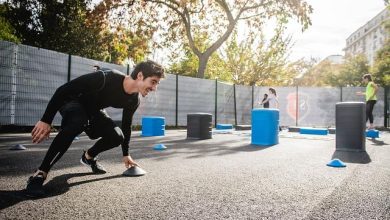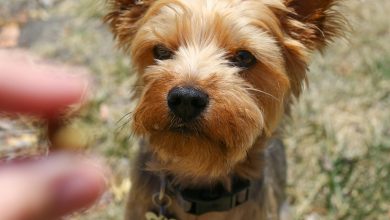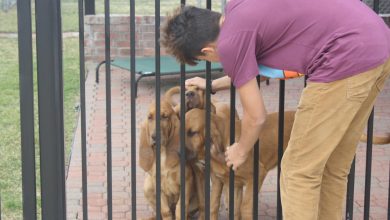The Best Techniques for Rewarding Positive Behavior in Puppies
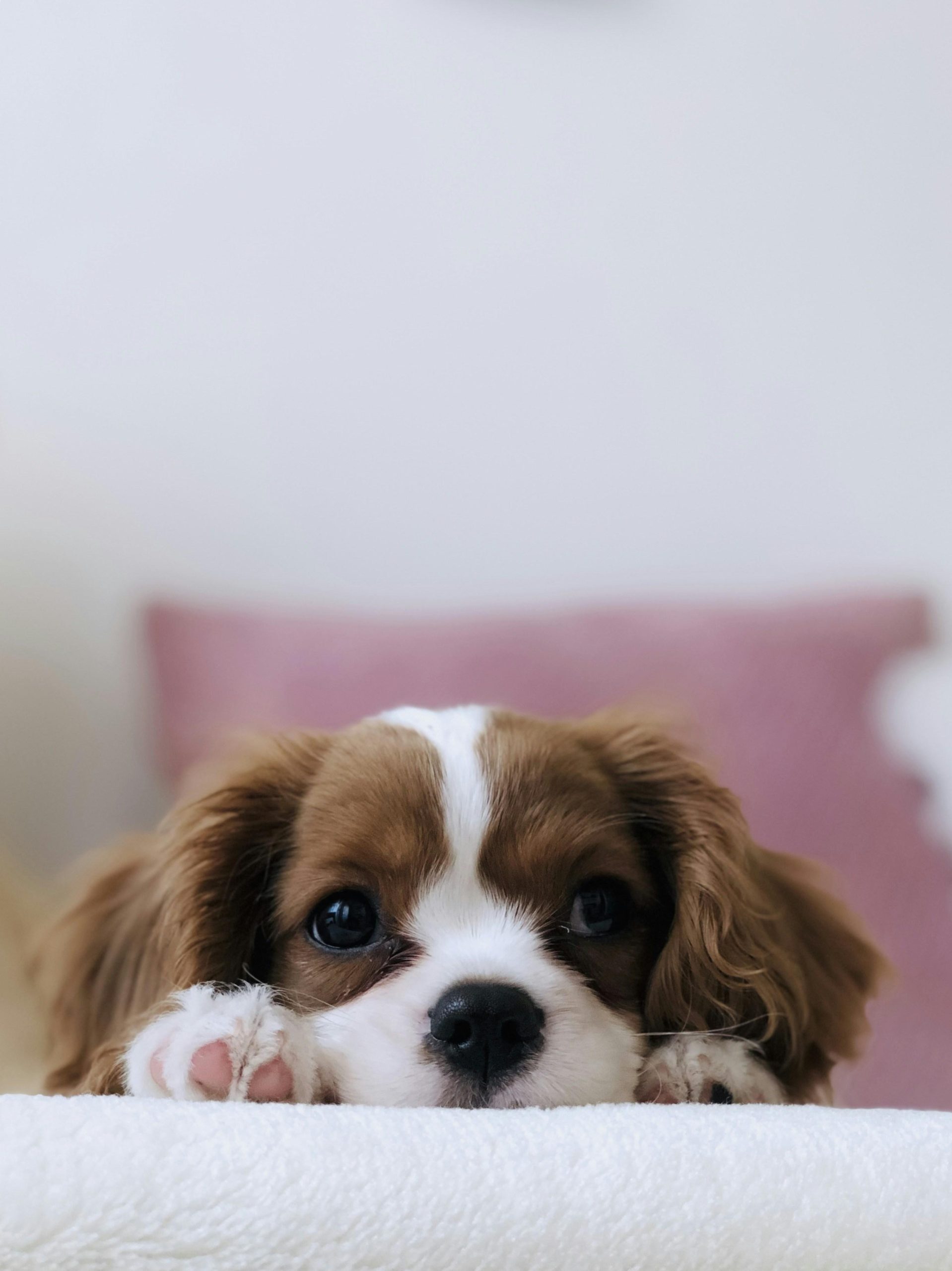
Puppies, with their boundless energy and curious nature, bring a whirlwind of joy and chaos into our lives. As these little furballs navigate the world, they embark on a journey of learning and growth, shaping their behavior through every interaction. For pet owners, guiding this journey is both a delightful challenge and a profound responsibility. Rewarding positive behavior in puppies not only strengthens the bond between owner and pet but also lays the foundation for a well-mannered adult dog. In this article, we delve into the most effective techniques for nurturing desirable behaviors in puppies, exploring strategies that blend science with empathy to ensure your puppy thrives in a world of encouragement and love. Whether you’re a first-time pet parent or a seasoned dog lover, these insights will equip you with the tools to foster a harmonious and rewarding relationship with your furry companion.
Understanding the Puppy Mindset
To truly nurture a puppy’s growth, it is crucial to delve into their unique perspective. Puppies view the world as a vast playground filled with new experiences and endless possibilities. Their boundless curiosity is coupled with a desire for social interaction and affection. Understanding this, you can better tailor your approach to training and reward systems.
- Consistency is Key: Puppies thrive on routine and predictability. Establishing consistent commands and responses helps them understand expectations and feel secure.
- Positive Reinforcement: Rewarding good behavior with treats, praise, or playtime helps puppies associate their actions with positive outcomes.
- Patience and Understanding: Remember that puppies are still learning. Mistakes are a part of the process, and a calm, understanding approach will encourage more successful outcomes.
By adopting these strategies, you can create a nurturing environment that fosters learning and growth, helping your puppy to not only learn quickly but also enjoy the journey.
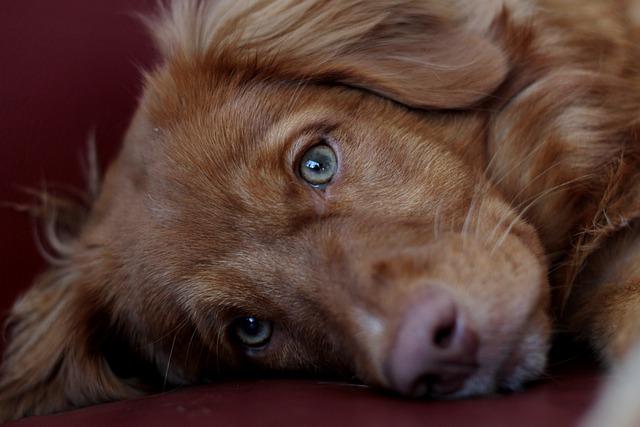
Creating a Rewarding Environment
Developing an atmosphere that encourages good behavior in puppies requires more than just treats and toys. A rewarding environment is built on a foundation of consistency and patience, where positive reinforcement becomes second nature. Begin by establishing a routine that makes your puppy feel secure and understood. This could involve scheduled feeding times, regular play sessions, and consistent commands. When puppies know what to expect, they are more likely to respond positively to guidance.
Consider integrating a variety of rewards to keep your puppy motivated and engaged. These can include:
- Verbal Praise: A simple “good boy” or “good girl” can do wonders when delivered with enthusiasm.
- Physical Affection: A gentle pat or a belly rub can reinforce your affection and approval.
- Treats: Use these sparingly to avoid overfeeding, but they can be a powerful incentive for learning new commands.
- Playtime: A game of fetch or tug-of-war can serve as a fun and rewarding break.
By employing these techniques, you create an enriching environment where your puppy learns to associate good behavior with positive outcomes, fostering a harmonious relationship built on trust and understanding.
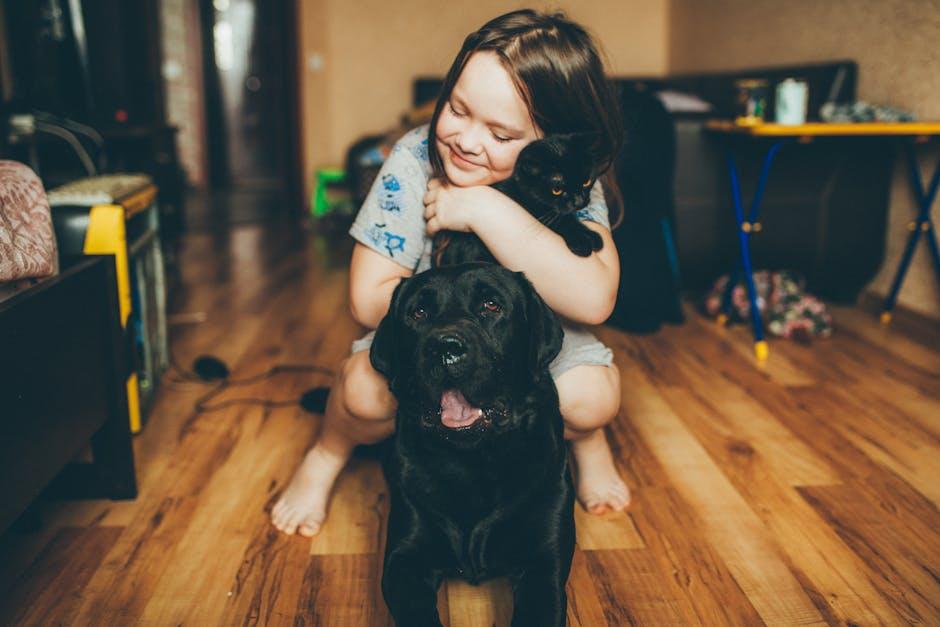
Effective Positive Reinforcement Techniques
Training your puppy with positive reinforcement can transform your furry friend into a well-behaved companion. By focusing on rewarding good behavior, you build a strong foundation of trust and mutual respect. Here are some effective techniques that you can use to encourage your puppy’s positive actions:
- Treats and Snacks: Puppies love treats, and using them as rewards can be a powerful motivator. Ensure the treats are healthy and given in moderation to maintain your puppy’s well-being.
- Verbal Praise: Words of encouragement like “good boy” or “good girl” paired with a cheerful tone can be incredibly effective. Puppies thrive on attention and affection, making verbal praise a key component of reinforcement.
- Playtime: Engaging your puppy in a fun activity, such as a game of fetch or tug-of-war, can serve as a reward. This not only reinforces positive behavior but also strengthens your bond.
- Physical Affection: Gentle pats, belly rubs, or a loving scratch behind the ears can communicate approval and affection, reinforcing the behavior you wish to see repeated.
Consistency is crucial in applying these techniques. With patience and practice, your puppy will not only learn but also enjoy the process of becoming a well-mannered member of your family.
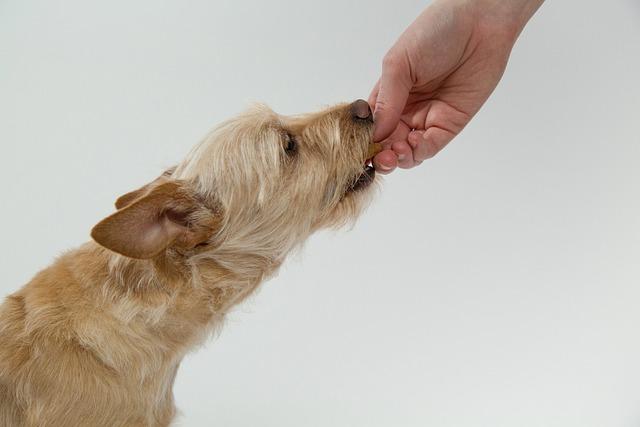
Choosing the Right Rewards for Your Pup
When it comes to rewarding your puppy, the key is to select incentives that are both motivating and appropriate for their individual needs and preferences. Treats are a classic choice, but not all treats are created equal. Opt for small, healthy bites that your puppy finds irresistible yet aren’t overwhelming in size. Remember, the goal is to reward, not to overindulge. Toys can also be effective, especially those that engage your pup’s natural instincts to chase, chew, or tug. Consider rotating a few favorites to keep their interest piqued.
Praise and affection are powerful tools that can sometimes be underestimated. A simple “good job” accompanied by a gentle pet or a belly rub can be just as rewarding as a treat. If your puppy is particularly social, a short play session or a walk can serve as an excellent reward. Here are a few tips to keep in mind:
- Identify what your puppy values most; every pup is different.
- Ensure rewards are immediate to reinforce the positive behavior effectively.
- Mix up the rewards to prevent your pup from getting bored.
Finding the right balance and variety will not only enhance your training sessions but also strengthen the bond between you and your furry friend.
